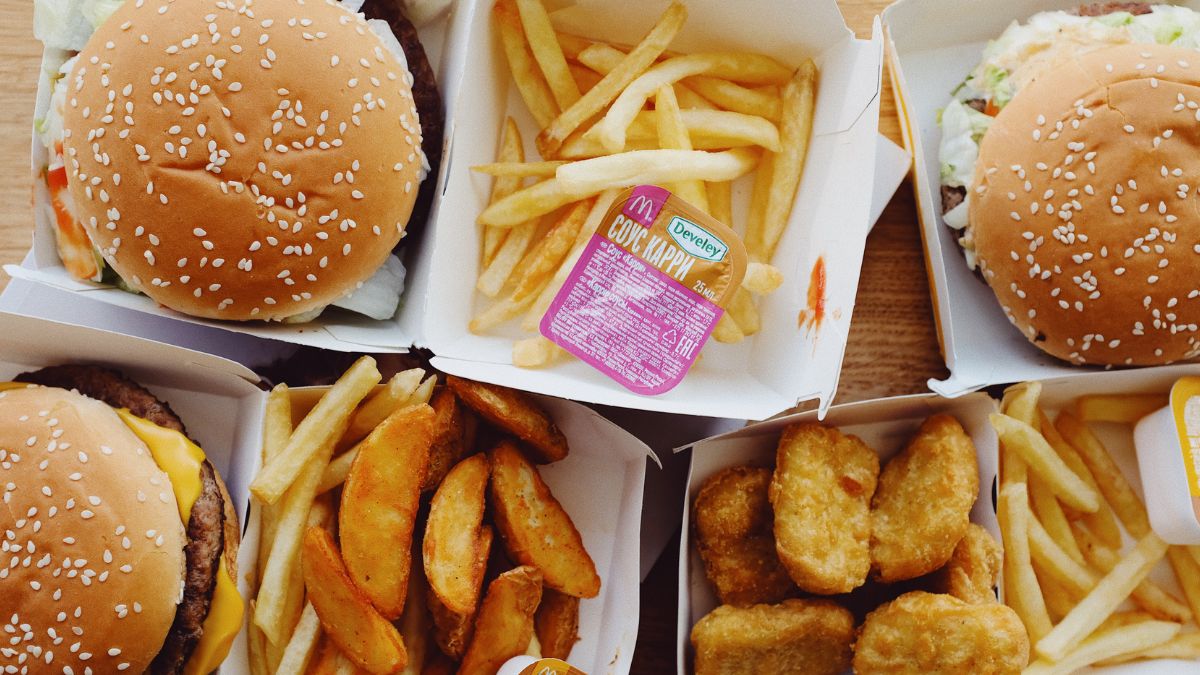Fast food has become an integral part of modern life. It’s quick, convenient, and affordable, making it a popular option for people of all ages. But have you ever stopped to think about the dangers of fast food? Specifically, the risk of food poisoning? In this post, we’ll uncover the shocking reality of fast food poison in our communities and what you can do to protect yourself.
What is food poisoning?
Food poisoning, also known as foodborne illness, is an illness caused by consuming contaminated food or drink. The contamination can come from bacteria, viruses, parasites, or chemicals. The symptoms of food poisoning can range from mild to severe and can include nausea, vomiting, diarrhea, abdominal pain, and fever. Food poisoning sometimes even poses a life-threatening risk.
What are the common causes of food poisoning in fast food?
Fast food restaurants have a reputation for being unhealthy, but it’s not just the high fat and sugar content that you need to worry about. The risk of food poisoning is also a concern. Here are some of the common causes of food poisoning in fast food:
- Cross-contamination: This occurs when bacteria from raw meat, poultry, or seafood comes into contact with other foods. For example, if a fast food worker uses the same cutting board or knife to prepare raw chicken and then uses it to cut vegetables for a salad, the bacteria from the chicken can contaminate the vegetables.
- Improper storage: Fast food restaurants need to store food at the correct temperature to prevent the growth of bacteria. If food is left out too long or not stored at the correct temperature, bacteria can grow and cause food poisoning.
- Poor personal hygiene: If fast food workers do not wash their hands properly or wear gloves, they can transfer bacteria from their hands to the food they are preparing.
- Undercooked food: Fast food restaurants often cook food quickly to serve customers faster. However, if the food is not cooked to the correct temperature, bacteria can survive and cause food poisoning.
What are the risks of food poisoning?
Food poisoning can have a significant impact on your health and well-being. Here are some of the risks of food poisoning:
- Dehydration: Vomiting and diarrhea can cause you to lose a lot of fluids, which can lead to dehydration. This can be particularly dangerous for young children, the elderly, and people with weakened immune systems.
- Kidney damage: Some types of food poisoning, such as E. coli, can cause kidney damage, which can be life-threatening.
- Long-term health problems: In some cases, food poisoning can cause long-term health problems, such as chronic arthritis, kidney failure, and nerve damage.
What can you do to protect yourself from food poisoning?
The good news is that there are steps you can take to protect yourself from food poisoning when eating fast food. Here are some tips:
- Choose reputable fast food restaurants: Look for restaurants that have a good reputation for cleanliness and food safety.
- Check the hygiene ratings: Many fast food restaurants are inspected and rated for food hygiene. You can check the rating of a restaurant online or by looking for the rating certificate in the restaurant.
- Watch how your food is prepared: If you see a fast food worker not following proper hygiene practices or preparing food in an unsafe way, speak up and ask for your food to be prepared properly.
- Avoid risky foods: Some foods are more likely to cause food poisoning than others. For example, avoid undercooked meat, unpasteurized dairy products, and raw seafood.
- Be aware of cross-contamination: If you have a food allergy or intolerance, make sure that your food is prepared in a separate area to avoid cross-contamination.
- Wash your hands: Before you eat, wash your hands with soap and water for at least 20 seconds. This may assist in limiting the spread of bacteria.
- Check the temperature: Make sure that your food is cooked to the correct temperature. If it’s not, send it back and ask for it to be cooked properly.
- Pay attention to expiration dates: Don’t eat food that has passed its expiration date. Food poisoning risk may rise as a result.
What should you do if you think you have food poisoning?
If you think you have food poisoning, it’s important to take action right away. Here are some steps you can take:
- See a doctor: If your symptoms are severe or last longer than a few days, see a doctor. They can give you advice on how to treat your symptoms and prevent dehydration.
- Stay hydrated: Drink plenty of fluids, such as water or electrolyte solutions, to prevent dehydration.
- Rest: To help your body heal, get plenty of sleep.
- Report the incident: If you think that you got food poisoning from a fast food restaurant, report it to the restaurant and your local health department. This can help prevent others from getting sick.
Conclusion
Fast food is a convenient and popular option, but it’s important to be aware of the risks of food poisoning. By taking steps to protect yourself and being aware of the risks, you can enjoy fast food without putting your health at risk. Remember to choose reputable fast food restaurants, check hygiene ratings, watch how your food is prepared, and be aware of cross-contamination. If you do get food poisoning, take action right away and report the incident to the restaurant and your local health department.









